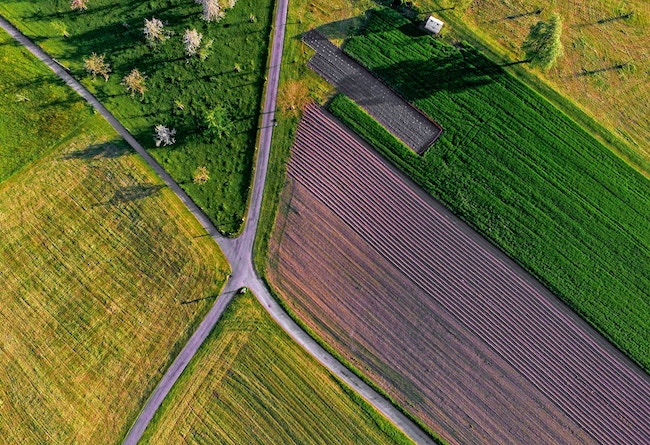“And there was a quarrel between the herdsmen of Avram and the herdsmen of Lot.” (Bereshith 13:7)
The previous essay discussed the issues of an outright act of stealing land and border manipulation. A subtler act of land theft is taking a shortcut through a private estate. The halachoth of such a shortcut depend on the circumstances surrounding its formation.
If the property owner originally consented to allow the path to traverse his land, then he has forfeited his rights to it. If at some point he were to take it back, refusing to let people use it, he would be committing an act of theft (1). The owner does not have the right to replace this path with another one on the side of his property. Nevertheless, if he does offer an alternate path, the public has the right to use the new path, while retaining the right to use the original path (2). Even if people forgo their right to use the original path, it still belongs to them (3).
If the owner of the land was not consulted when people began using a section of his land for a shortcut, even if he never contested the creation of the path, he retains the right to protest its use at any time. Thus, if at first he did not need the land and only later decided that he needs it, or if the number of people using the path has increased to the point that it is disturbing him, then he has the right to prevent people from traveling through his property. According to this halachah, if the hallway or stairwell of a building has become a shortcut for public use, the building’s residents retain the right to protest (4).
1. Mordechai, Bava Metzia 506; Rema, Choshen Mishpat 377.
2. Bava Bathra 99b; Shulchan Aruch Choshen Mishpat 377. The Maharshal adds that nowadays this halachah would be subject to the law of the country in which the question arose.
3. Bava Kama 28a.
4. Mishpatei HaTorah 2:69.
Text Copyright © 2007 by Rabbi Daniel Travis and Torah.org


